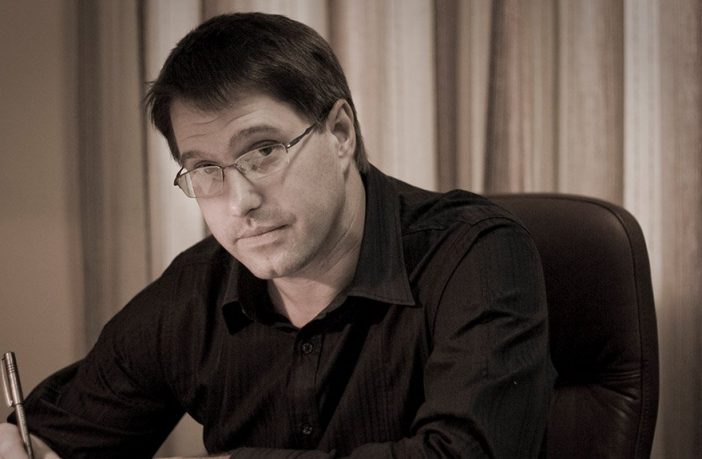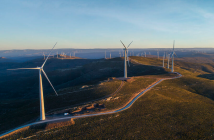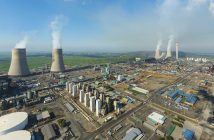- The Western Cape Government has welcomed the gazetting of Schedule 2 of the Electricity Regulation Act by the Minister of Mineral Resources and Energy, Gwede Mantashe, which gives effect to the announcement by President Cyril Ramaphosa to increase the licensing threshold for embedded generation projects from 1 MW to 100 MW. Read more
Finance and Economic Opportunities Minister for the Western Cape Government, Mr David Maynier, said that the move by national government was a positive move towards a more open, diverse and competitive energy sector and will give much-needed certainty to investors and facilitate quicker uptake and access to affordable, renewable energy to meet the current energy shortfall in South Africa. But he warned that the amendments do not go far enough to urgently address the energy and climate crisis facing the country.
“Large-scale private sector participation in energy generation, in partnership with government, will be key to addressing the current shortfall in the Western Cape,” said Maynier.
Maynier urges the Mineral Resources and Energy Minister, Mr Gwede Mantashe, to provide further clarity on the potential role of municipalities as a reseller as it is currently unclear if municipalities will be able to buy energy from an independent power producer and then sell it on to their customers, or whether it is limited to buying energy only for its own consumption.
Maynier highlights that the registration process must be streamlined as this risks becoming a complex spiderweb of red tape could undermine the implementation of renewable energy projects and lose the opportunity provided through the licensing exemptions threshold increase.
“This clarity will be critical to the success of the Western Cape’s Municipal Energy Resilience (MER) Initiative which seeks to support municipalities to implement renewable energy projects in municipalities across the province so that municipalities, businesses and households can generate, procure and sell electrical energy,” said Maynier.
Maynier adds that ” the MER Initiative will contribute to the fight against climate change, which is more important than ever given the recent findings and recommendations of the Intergovernmental Panel on Climate Change (IPCC) 6th assessment report released this week.”
“The renewable energy sector in South Africa has the potential to attract much-needed investment that create jobs. The amendments to Schedule 2 of the Electricity Regulation Act are a significant step in the right direction, but I also urge the Minister of Mineral Resources and Energy, Gwede Mantashe, to ensure that the proposed amendments to the Electricity Regulation Act clarify and simplify the current regulatory challenges to unlock these opportunities in the Western Cape,” Maynier concluded.
Author: Bryan Groenendaal











